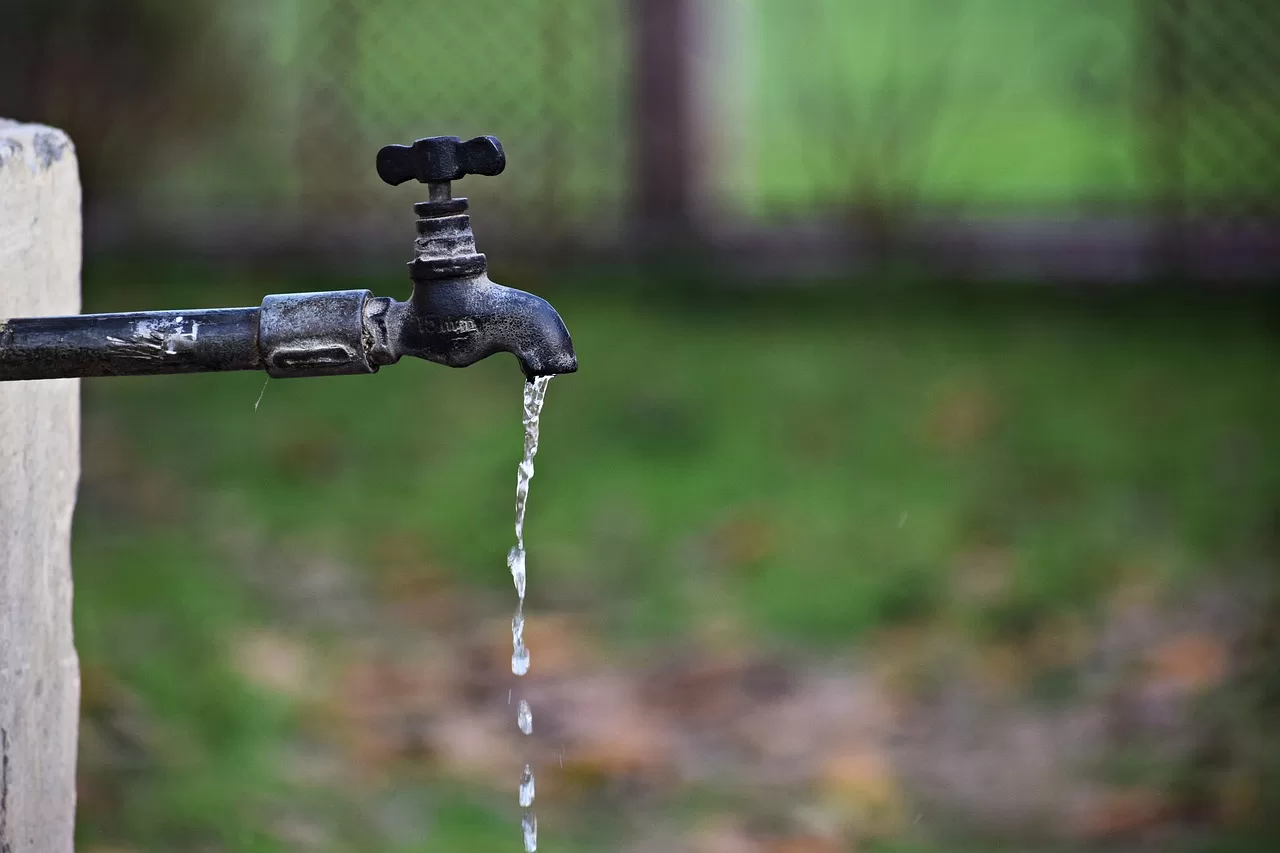In the era of environmental change, people must find different ways to conserve water and reduce the ecological footprint of humanity on the planet. Indeed, the issue of climate change is increasing all around the world, especially in Australia which experiences an extreme climate.

In addition, if you want to make a considerable impact then you should think about implementing eco-friendly plumbing solutions. By implementing water-saving measures, as well as sustainable plumbing techniques, you can contribute to a more sustainable future for your children.
As a consequence, if you want to conserve water and reduce your environmental impact, you should continue reading this article because you will learn about how to conserve water and implement several solutions so that you can reduce your environmental impact.
One of the simplest things that you can do to conserve water is by installing a variety of different low-flow fixtures in your bathrooms and toilets.
These types of fixtures, including low-flow toilets, showerheads, and taps are designed to reduce the amount of water you consume on an ongoing basis without sacrificing the performance of a standard type of fitting.
Read Also :
If you are looking to change the plumbing system in your property to a more eco-friendly solution, you should reach out and contact a plumber in the Central Coast area.
Another simple thing that you can do to conserve your water is to fix leaks promptly. Indeed, minor leaks can result in considerable amounts of water being wasted over a period of time.
As a consequence, it is important to address the source of any leak in your plumbing system while regularly checking for dripping taps or running toilets with hidden leaks in the pipes or fixtures can reduce the amount of water you use as well as prevent potential water damage.
The third simple tip that you can use if you want to reduce your environmental impact and conserve water, is to harvest rainwater from your roof.
Indeed, by collecting water from your rooftop and directing it to a storage tank or barrel you will be able to use it for tasks in the garden, such as washing outdoor areas or watering plants.
Finally, grey water is the waste from sinks, showers, and washing while this water can be recycled and used for a number of different purposes, including irrigation for your garden.
Moreover, installing a greywater recycling system can allow you to reduce the amount of freshwater that you would use while it can allow you to reuse water that would otherwise have been thrown away, reducing your reliance on a freshwater source.
Therefore, to summarise, if you want to reduce your environmental impact as well as conserve water, then you should think about installing low-flow fixtures to your plumbing system as well as recycling the grey water and harvesting rainwater to reduce water consumption.